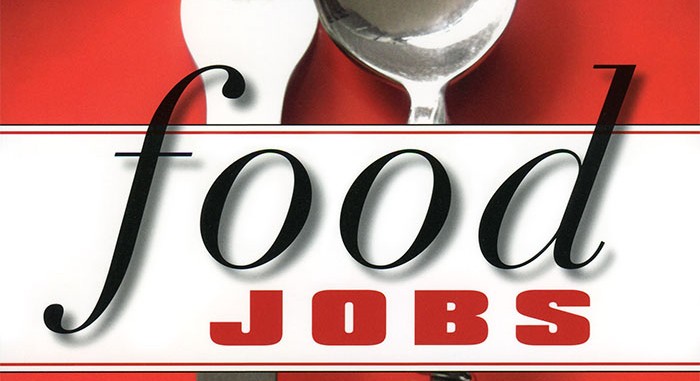Are you in the process of drafting your culinary resume and running into a problem with the proper culinary title terminology to use for the titles of your previous positions? The terms for various positions vary from country to country and from time to time. The ACF has recently added the term Chef de Cuisine, literally a cook, to its certification program in place of the more common sous chef.
Your current or previous position may have an official title, and that is what you should use on your resume. However, if it varies too far from general acceptance, you might want to offer the reader a little clarification. Today we’ll share a list of culinary title terminology for your use.
Here is a quick list of culinary title terminology:
EXECUTIVE CHEF: Manages a larger staff, at least 10. This person is responsible and aware of food and labor cost and various kitchen accounting functions and carries heavy decision making responsibility. Executive chefs may not do much actual cooking. Hotels, large restaurants, country clubs and cruise lines have executive chefs.
ASSISTANT EXECUTIVE CHEF: In huge hotels, an assistant executive chef shares the burden and responsibility of the Executive Chef. The position is above that of executive sous chef.
HEAD CHEF: Any chef in charge of any kitchen. Good term if you are not sure what to call your position.
WORKING CHEF/ HEAD WORKING CHEF/ HANDS ON CHEF: Is in charge of kitchen, makes culinary decisions, and answers only to owner or GM, but is actively involved, as the term says, in the preparation of cuisine.
CHEF MANAGER: Runs kitchen and generally front of the house and is responsible for coordinating the front and kitchen staff. Smaller resorts often have a chef manager.
KITCHEN MANAGER: This is usually the foreman of a kitchen with a set menu, requiring little or no culinary input. The term can also denote a steward who relieves a talented chef of management activities.
CHEF DE PARTIE: Head station cook. In large kitchen this person oversees a group of two to 12 other cooks. This may be a lead line cook.
GARDE MANGER: This is actually the technician making pates, galantines, show pieces with carvings, etc., but the term may also be used for very specialized pantry chefs. The most often misspelled word in kitchen language.
CHEF: means ‘boss’ in French and German. “One who cooks” in English. Make it clear in your resume how the word is intended. A chef should be salaried, not paid by the hour.
TOURNANT: Literally, “the touring one”, (i.e. the “Jack of all stations”). Works all stations as needed. This is frequently a training position for the sous chef position.
SOUS CHEF: This person is either second in command or answers with other sous chefs to the Executive Sous Chef in larger properties. If there are several sous chefs, define the position as ‘morning sous chef’ or ‘club restaurant sous chef’. In some hotels the sous chef may be the chef in charge of a restaurant.
THE TWO PERSON KITCHEN: If you are the chef of a two person kitchen, call yourself chef or working chef. If you are the other one, try Assistant to Chef, or Cook in two person kitchen serving 120 customers. Duties were…
CATERING CHEF: If you ran a catering kitchen, then state your position as that of Executive Chef, Catering Executive Chef or Head Chef. Catering is a specialty under slightly different rules. It is important to list the size and nature of events (buffet, stand up, sit down, maximum number of guests), and possibly the volume. If you had your own business, a list of clients or events is a good idea.
DOMESTIC CHEF/ PRIVATE CHEF/ ESTATE CHEF/ FAMILY COOK: Different words for more or less the same position. If duties extended beyond family dinners, (business entertaining, frequent parties, corporate jets, for instance) this needs to be stated.
RELATED: What A Food Truck Resume Should Say
If you have any suggestions on culinary title terminology that we may have missed, please feel free to share your thoughts with us on Facebook or Twitter.




